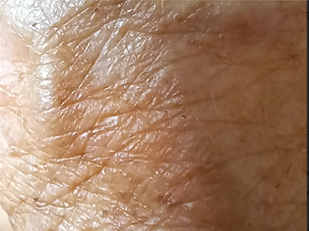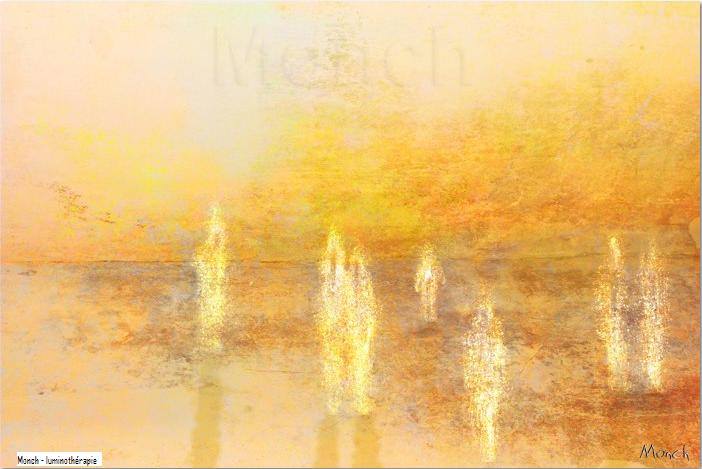Skin

She was likely in her 60s when I knew her, but she seemed much older. Not necessarily older in a physical way, rather in terms of life experiences and traditions.
A southern Italian with dark grey hair, shot through with strands of white — strong looking hair. Her calves were enormously developed from walking up and down a rather steeply inclined road almost every day to purchase whatever was needed to make the meal of the day.
Likely born in the early 1920s, she had very little formal education and other than a few very infrequent trips to other towns in southern Italy, she had never really been anywhere else. She lived through the horrors of the second world war, and saw neighbours turn on one another during the political upheaval of the time and thereafter. She never spoke of it but certain family names in town were never mentioned, having been on the other side of the political divide. Her politics were those of her parents, more owed to clan loyalty than personal conviction.
The life of an older southern Italian woman, although relentlessly traditional, had a certain beauty to it as well. She did not have the “freedoms” that other women in other places may have had but she had the utter certainty of her place in the world. She was a “donna di famiglia” — a family woman. This meant she would cook and clean, keep a home, defer in public to adult male family members, yet impose her sense of propriety with an iron fist of will in private.
The beauty lay in the predictable symmetry to her life. Everything had a season — late summer for preparing tomato sauce, Christmas for preparing special pastries, a trip to the graveyard on November 1st to honour the dead. Good women wore certain clothes in a certain way, good women comported themselves in a particular fashion, good women were easy to recognize. And so were those who were not. A not-good woman would shame her entire family. She was a good woman and she knew it with certainty. There was no vanity in this certainty — it was just so and no more.
She washed clothes with strength of purpose and a vigour one would never see today. The clothing would be rubbed mercilessly up and down a wooden wash board, so much so that the wash board’s solid ridges had their bite worn down by years of heavy rubbing. Strong and caustic yellow bar soap and almost boiling water was worked into every crevice of the fabric and then rinsed many times, now in shockingly cold water. Most of the year, this was done outdoors, in a basin in the back yard. Only in the coldest days of winter was a washing machine reluctantly used. Her hands were the strongest I have ever seen, after years of wringing and mangling the water out of skirts, heavy trousers, and even heavier sheets and towels. Then a line was hoisted up on wooden poles, and all was unfurled to dry. Afterwards, everything was lightly dampened in preparation of ironing all into submission. Everything became crisp — pillowcases folded with military precision, and with creases so fine you might think it possible to get a paper cut from them.
As a result of decades of cooking, cleaning and washing, the skin of her hands told the tale of this ever present aspect of her life. The palms were solid and although not calloused, they were like polished hardwood. In contrast however, the backs of her hands, and especially the knuckles, had a skin that was fine and translucent — almost like an onion skin or like the skin over the soft spot of a newborn’s skull. People think of men who perform manual labour as having hands that show their toil but the hands of this woman (and many others like her in that town, that place, that time) told a tale of hot and then freezing water, and devotion to what she knew was her proper place in life. Such was the skin covering hands — tough as oak and soft as a baby’s scalp.
Would you like to read more posts? If so, please click the Home Page link below:

You, Dear Reader, are much needed and appreciated.
Everything written requires a reader to make it whole. The writer begins, then you, dear reader, take in the idea and its image, and so become the continuation of its breath. Please subscribe so that my words can breathe. Consider this my hand, reaching out to yours.
